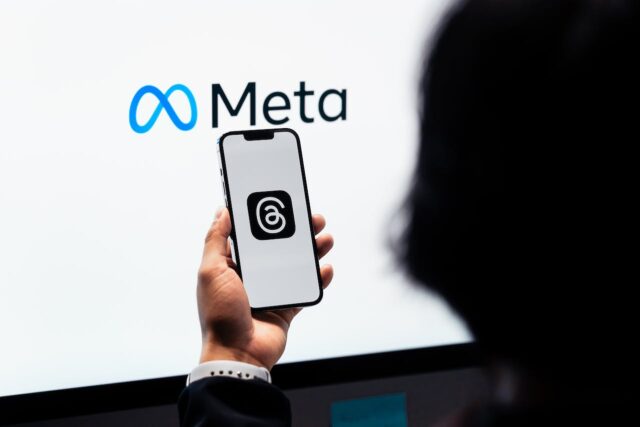In a significant shift of focus, Meta, the tech giant behind Facebook and Instagram, has reportedly disbanded its Responsible AI team, pivoting more resources toward the development of generative artificial intelligence. This move, first reported by The Information, indicates a strategic realignment within the company’s AI division.
The transition to generative AI
According to internal sources, most members of the RAI team will be integrated into Meta’s generative AI product team, while others will contribute to the company’s AI infrastructure. This restructuring comes as Meta continues to emphasize its commitment to developing AI responsibly, a promise underscored on its website where it lists key pillars of responsible AI, including accountability, transparency, safety, and privacy.
Meta’s continued commitment to responsible AI
Despite the dissolution of the RAI team, Jon Carvill, a representative for Meta, assured that the company remains dedicated to safe and responsible AI development. He emphasized that the disbanded team members would still support cross-Meta efforts on responsible AI development and use. However, Meta had not responded to requests for comment at the time of reporting.
Earlier this year, the RAI team underwent a restructuring that included layoffs, as reported by Business Insider. This left the team, established in 2019, with limited autonomy and a requirement for extensive stakeholder negotiations before implementing initiatives. The team mainly scrutinizing AI training methods, focusing on training data diversity and averting moderation problems across Meta’s platforms.
Controversies and challenges in AI
Meta’s AI systems have faced various challenges, including a Facebook translation error leading to a false arrest, biased image generation in WhatsApp AI stickers, and Instagram algorithms inadvertently aiding in the discovery of child sexual abuse materials. These incidents highlight the complexities and ethical considerations in AI development.
Meta’s restructuring, alongside Microsoft’s similar move, aligns with global efforts to establish AI regulations. The U.S. is collaborating with AI firms to set safety standards, and the EU is progressing towards its AI Act.










